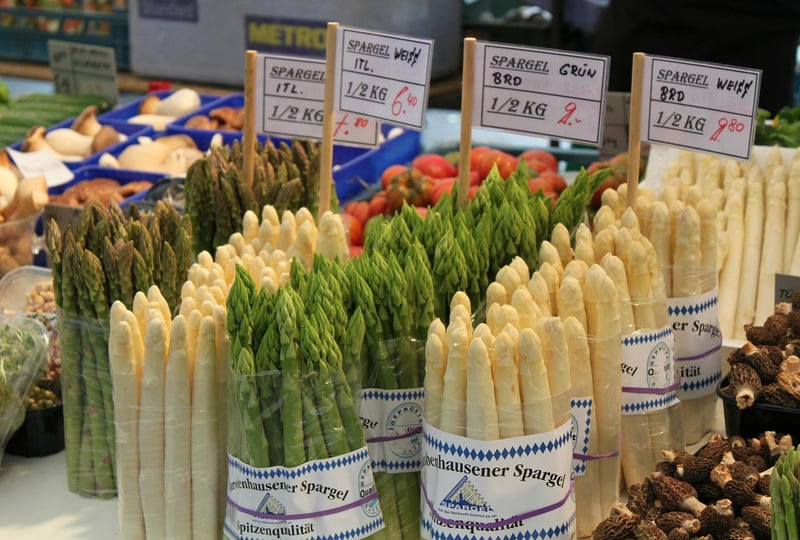Ingredient Tips
Enhance Your Culinary Knowledge with These Ingredient Tips
The Power of Fresh Herbs
Using fresh herbs can elevate the flavors of your dishes. From basil and cilantro to rosemary and mint, each herb adds a unique taste profile. Remember, add delicate herbs like parsley at the end of cooking for maximum flavor.

Choosing the Right Olive Oil
When selecting olive oil, opt for extra virgin olive oil for dressings and finishing dishes. Use regular olive oil for cooking at higher temperatures. The quality of olive oil can significantly impact the taste of your food.

Utilizing Citrus Zest
Citrus zest, the outer colored part of the peel, is packed with flavor. Grate the zest of lemons, limes, or oranges into your dishes to add a burst of freshness. It can make a world of difference in both savory and sweet recipes.

Exploring Umami with Soy Sauce
Soy sauce is not just for Asian dishes. It adds a depth of flavor known as umami to a variety of cuisines. Use it sparingly to enhance the savory notes in soups, stews, marinades, and more.

Experimenting with Spices
Don't be afraid to experiment with spices. Whether it's cumin, paprika, turmeric, or cinnamon, spices can transform a dish. Start with small amounts and adjust to your taste as you cook.

Conclusion
By incorporating these ingredient tips into your cooking, you can enhance flavors, create more complex dishes, and elevate your culinary skills. Experiment with different herbs, oils, citrus zest, soy sauce, and spices to discover new and exciting flavor combinations.
